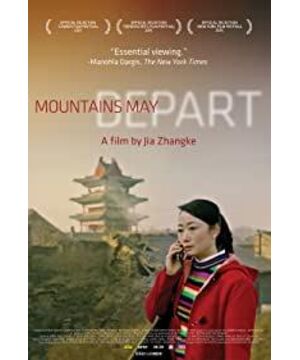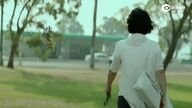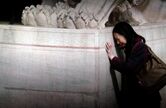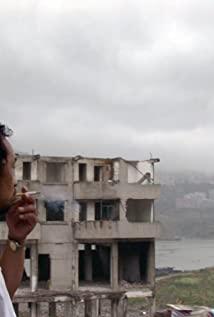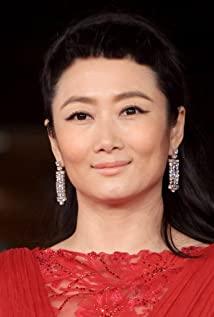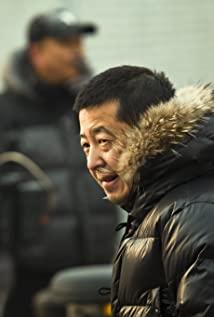Dancing alone, I finally watched Jia Zhangke's "Old Man in Mountains and Rivers". When the music at the end of the film played, I felt a deep sense of powerlessness. The three-stage structure of the film tells the story of a woman's youth in 1999, middle age in 2014, and twilight in 2025. People around her come and go, lovers, fathers, ex-husbands, sons... all become old friends. In the end, she was the only one left, watching the passage of time and listening to the passing of time. Everyone can only walk with you for a while. No one sits sadly beside anyone forever. There was a film in the former Soviet Union, A Man's Encounter, that told much the same story, but during the war years. There is also Yu Hua's "Alive". The comedic performance in the film somewhat dilutes the tragic atmosphere of the original novel. If you read the original novel, you will feel even more sad and powerless. But that's life. Life is so powerless for us, but we still have to go on strong. Jia Zhangke is not a director who dramatizes life, and you don't see much deliberate dramatic conflict in his films. He is always like a recorder of a calm secular life. The characters in the camera just say the same words as you and me, and do the same things as you and me. So you might think his films aren't compact, but life itself is so smooth. The choppy one is the main theme war movie, or the natural stunner of 36D. Fenyang County under Jia Zhangke's lens is so down-to-earth, middle-aged men with disheveled hair, rustic and shy actors in the county group art center, residential areas demolished everywhere, and noisy and vibrant streets, almost including the times when the times are changing. , all elements of the urban-rural fringe of inland areas. As a viewer who has watched "Xiao Wu" and "Platform" in the VCD era, I can already understand Fenyang dialect without subtitles. But first-time viewers have to be prepared to watch subtitles throughout. In the Fenyang series of movies, when people in Fenyang are upset, they will climb the city wall and look far away, which is still the case in "The Old Man of Mountains and Rivers". This is very similar to Jingzhou people who also have ancient city walls. Because it is true, it is credible, and because it is close, it is kind. On the contrary, the Australian story in the third paragraph of the film does not look like Jia Zhangke's style, "Grandma Sun Lian" The setting of the story may be to express the Oedipus complex in the son's heart. Because his mother once told him that caring is the most painful part of love. Life is a train bound for heaven. There will be many stops along the way. It is difficult for someone to accompany you from beginning to end. When the person accompanying you wants to get off the bus, be grateful even if you don't want to, and then wave goodbye. The slower the car, the longer the time to accompany. At the beginning of the film, when Zhao Tao danced "Go west" by "Pet Shop Boys" in the county group art center, I remembered the first time I heard this song. It was at the weekend dance party under the statue of the president on the university campus. We, who were wielding ghosts, wriggled our bodies around a school flower from the Bai nationality in Yunnan, swaying our hormonal excess of youth, trying to attract the school flower's attention. But in the end, we often fail to catch up with the school beauties, and just degenerate into one big or small joke. At the end of the film, Zhao Tao danced "Go West" again under the heavy snow. I believe that many people are like me, and there will be tears in their eyes. Decades of life, but in the blink of an eye, a good young man has become an empty nester, and everyone is doomed to be lonely. As my sister sang in a song. I dance alone, from morning to sunset.
View more about Mountains May Depart reviews


